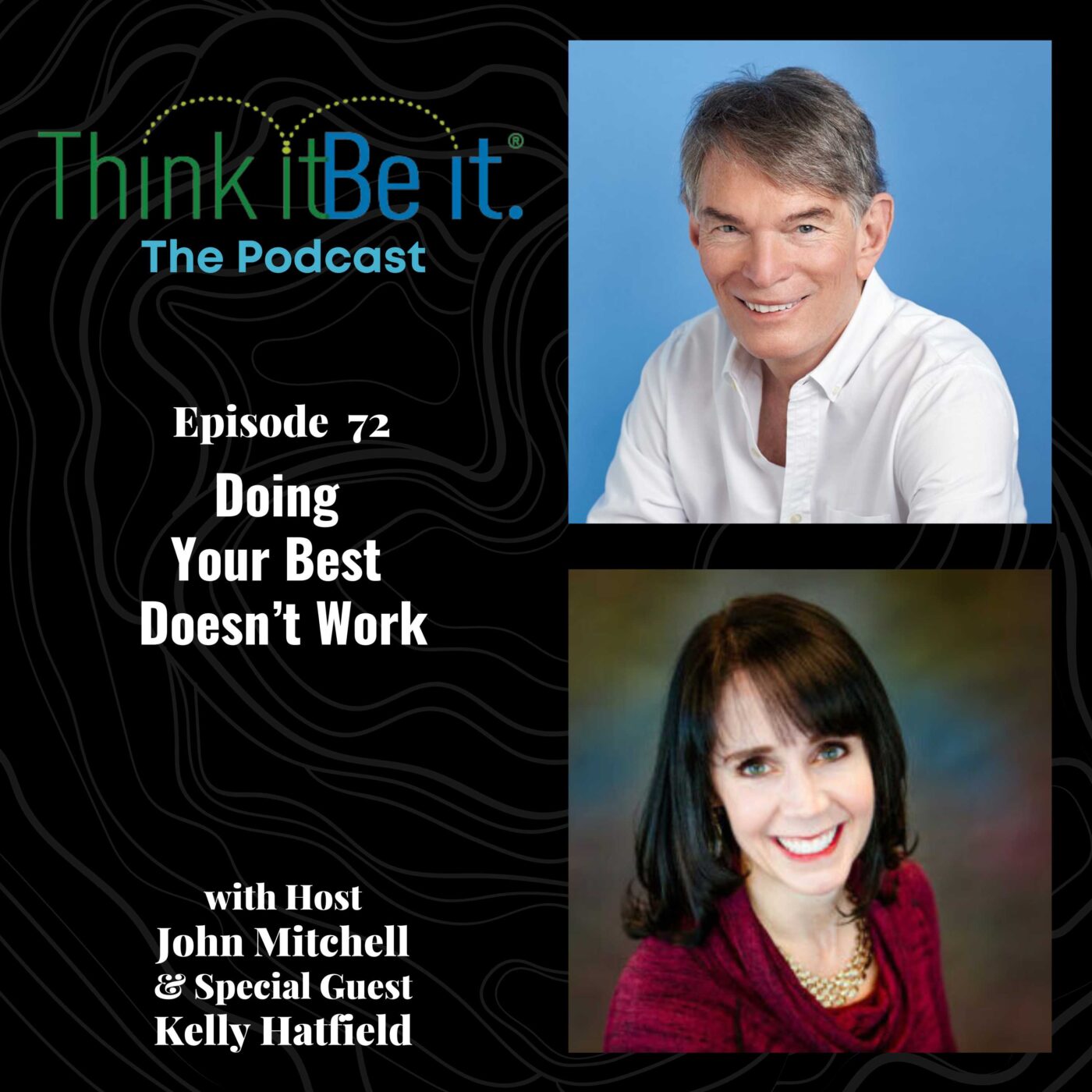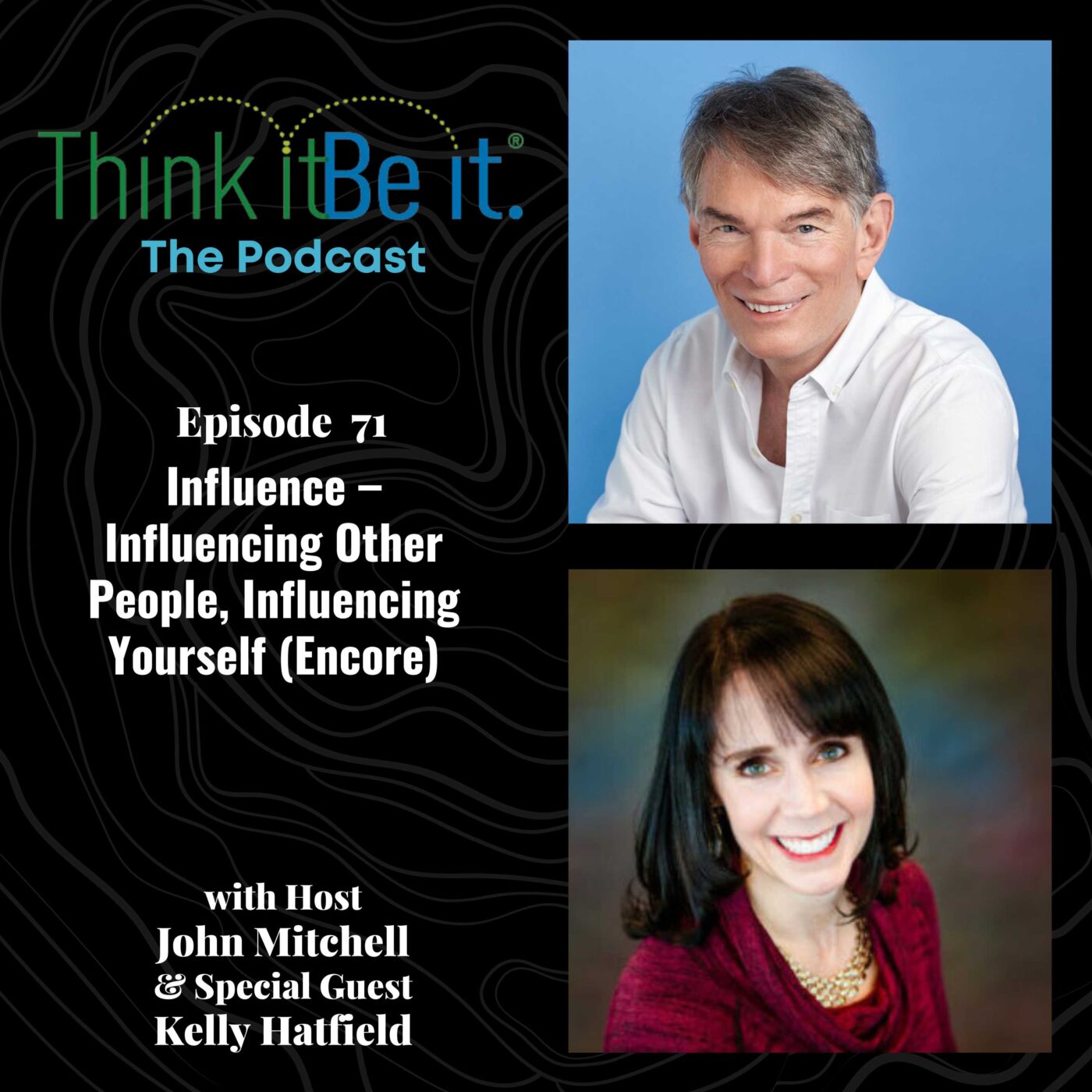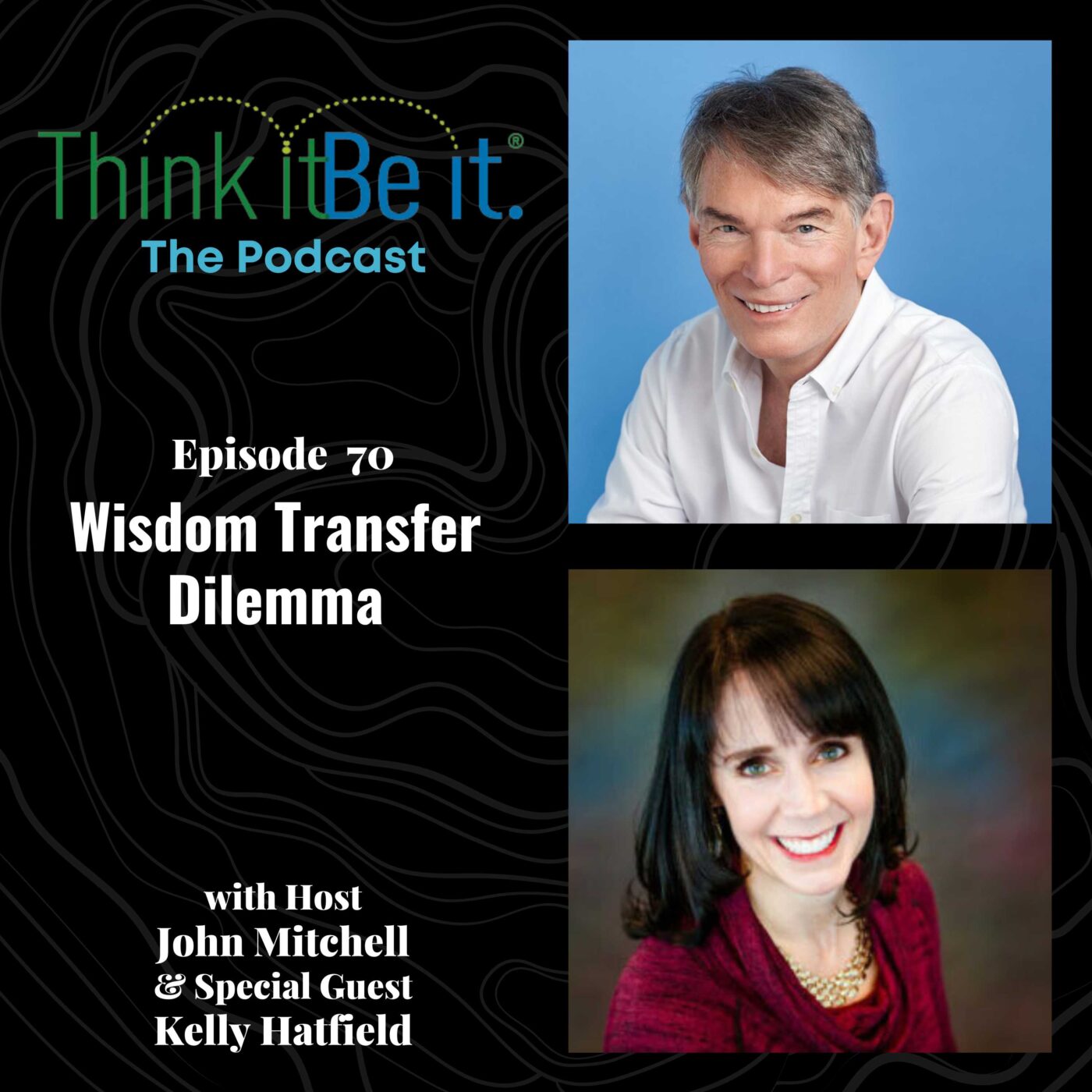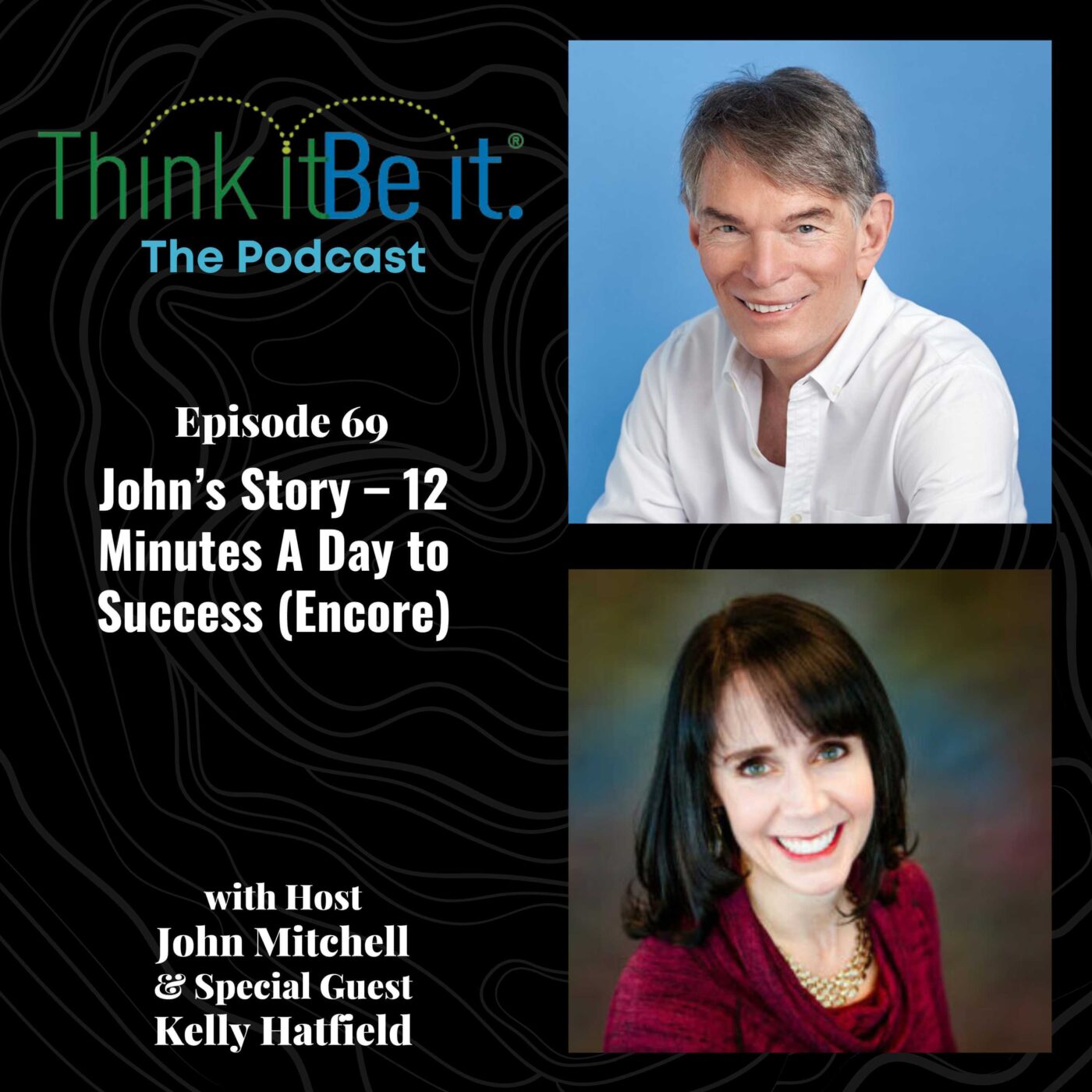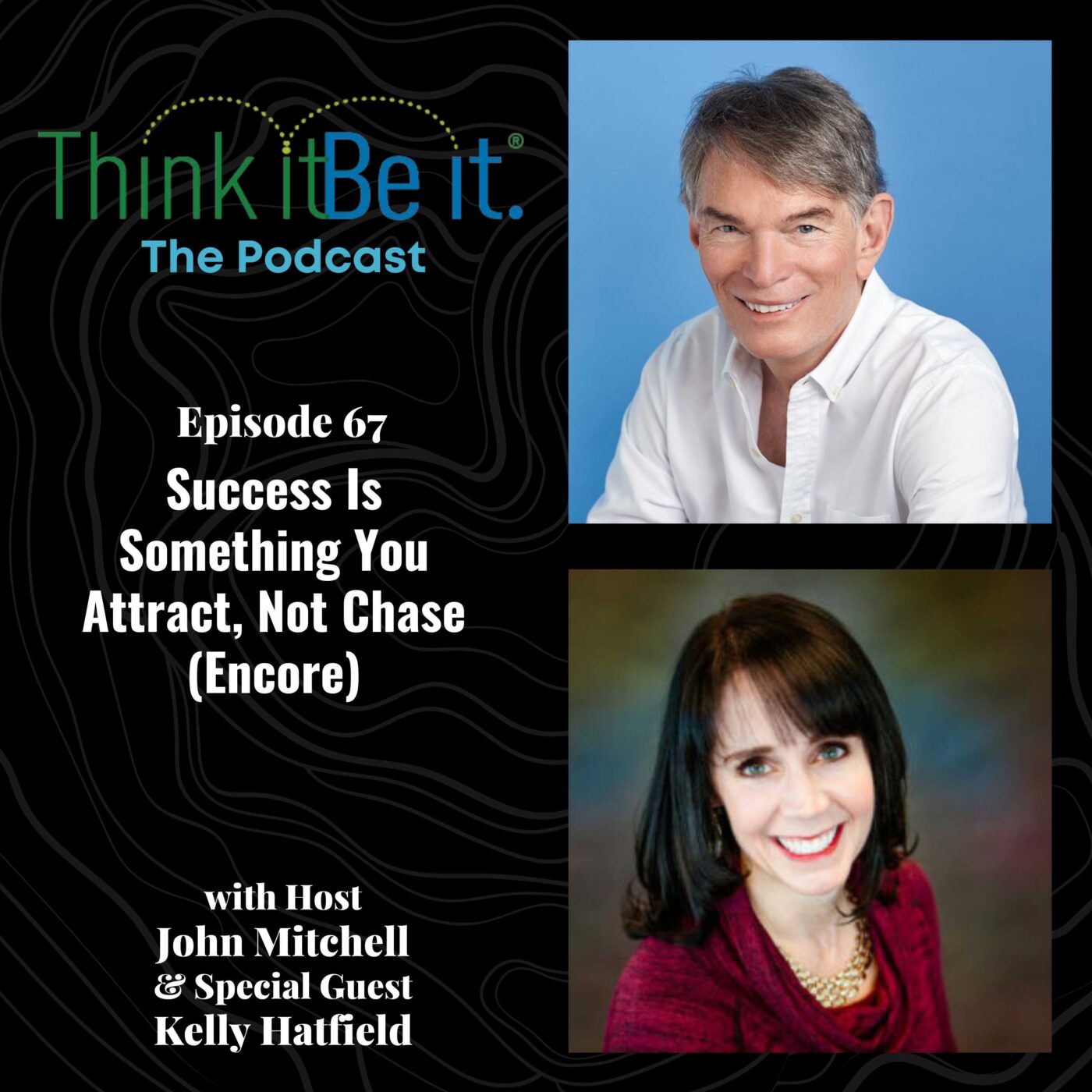Doing Your Best Doesn’t Work
In this episode, John and Kelly discuss the idea that the doing your best doesn’t work. John discusses that when he was 40 years old, he adopted the strategy for success of just doing his best. That’s all he controlled. So that’s what he focused on. Doing his best. But that didn’t produce big results. Then he got enlightened in his 50s. He understood fundamentally how success works. It comes down to your daily actions. And if you don’t know the proper daily actions to take, even though you might be doing your best, you won’t have big success. What John learned is that the key to being successful is creating immense clarity about your life. Defining exactly the person you want to be, exactly what you want to accomplish, and precisely how you’re going to achieve your clearly defined goals. By defining that, then you see the right actions you take. It becomes obvious.

